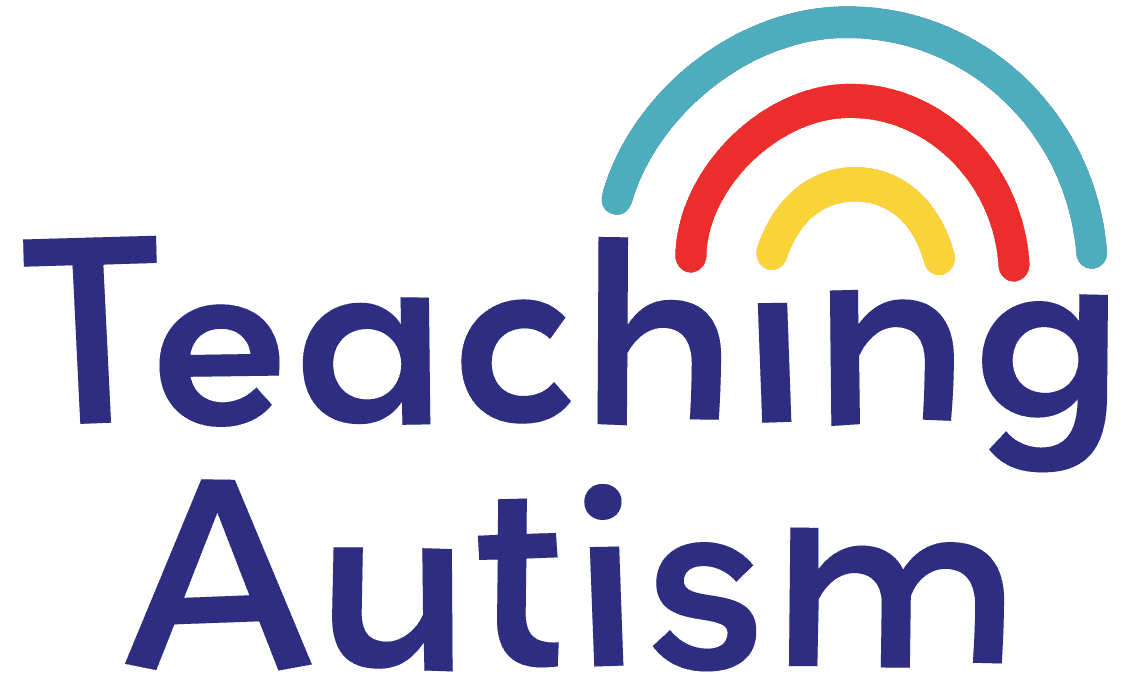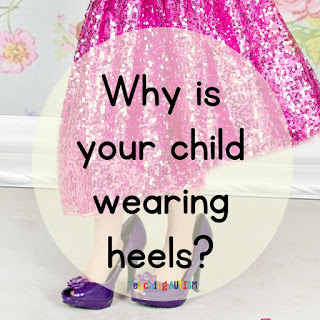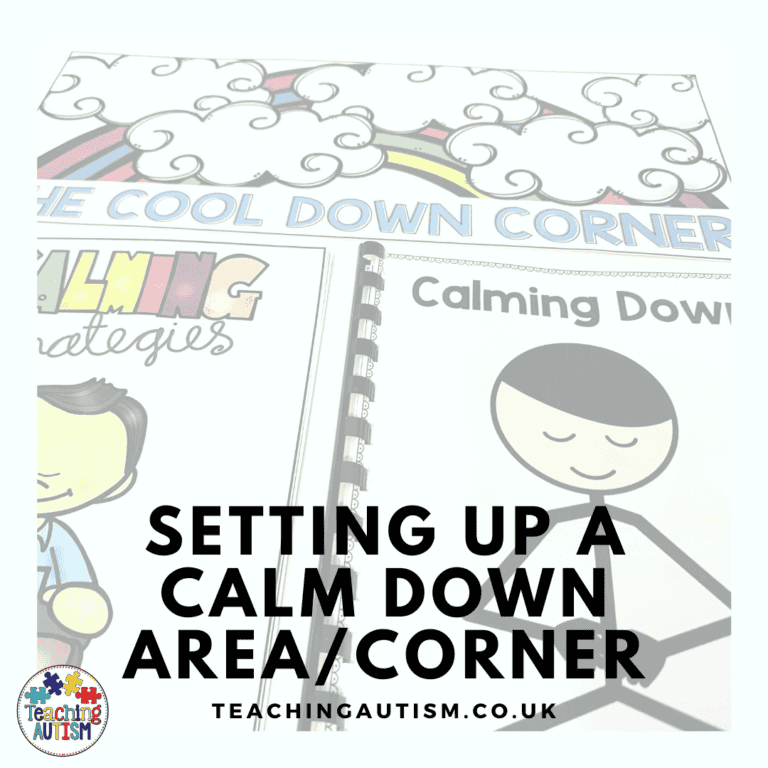Autism and Teeth Grinding
Autism and teeth grinding is one of the most common subjects I get asked about. And most often, it’s from family members who are worried about the effect grinding teeth will have on their child’s teeth, mouth and jaw in the long term.
But, also, the constant grinding of teeth can start to become frustrating for them. And that’s ok to admit too! Today, I’m going to be sharing information and tips all about autism and teeth grinding.
Statistics
Many people worry when they see their child grinding their teeth. And in some ways, they’re right to be worried. Because constantly grinding teeth can cause some health issues, like;
- Cracking a tooth.
- Filing a tooth down to the nerve.
And these can cause long term health issues.
Statistics say that between 15-33% of children grind their teeth. Children generally try to grind their teeth when they baby teeth emerge, or when their adult teeth grow through. Many children stop grinding their teeth once their adult teeth have fully grown. But, this is not always the case.
Possible Causes
There are a range of possible causes for why a child may be grinding their teeth. I’ve included a list of some possibilities below;
- Dental issues – first, be sure to go to the visit. There can be many medical reasons why they may be grinding their teeth. And a dentist can help eliminate these or help them if there is something.
- A side effect – many medications have a huge range of side effects. Is it possible that this teeth grinding is a side effect of a medication they are taking?
- Stress and anxiety.
- Habit.
- Stimming.
- Oral input. It could be that they need more oral input and proprioceptive feedback. A speech therapist/occupational therapist can help with this.
- Diet.
- Pain – Sometimes even something like an ear infection can cause a child to grind their teeth.
How Can We Reduce or Stop Teeth Grinding?
There are a few ways that we can do this;
- Distraction – Fidget cubes, chewing gums.
- Distract with a hobby of theirs – favourite puzzles, games etc to keep their mind occupied and not thinking about grinding their teeth.
- Chew toys/chew fidgets. Chew tubes seem to work really well.
- Crunchy foods to eat – popcorn, nuts.
- Social story – which shows the repercussions of what can happen if they continue to grind their teeth.
- Mouth guard.
- Massage – try to massage the area of the jaw that would usually be felt by the grinding to see if they are grinding because of pain/comfort it brings.
- Give less attention and try to use planned ignoring.
- One of our families also mentioned that their child was grinding their teeth because of allergies. This was a way for them to break down all the build up of the allergy in their mouth. So it could possibly be worth a trip to the doctors to find this out.
- Consult your dentist – make sure there are no underlying dental issues.
- Talk to your consultant about muscle relaxants.
- Drink plenty of water . Many doctors say that teeth grinding can be down to dehydration.
Do you have any experience with autism and teeth grinding? Maybe you have some tips to share? Or maybe you have questions? If so, let us know in the comments down below, I love to hear from you!
Click here to sign up for a 3 day free trial of our VIP membership where you can get access to a whole range of resources, activities, lesson plans, templates and so much more!
If you found this blog post about teeth grinding, please consider sharing it with your friends and colleagues on social media.








